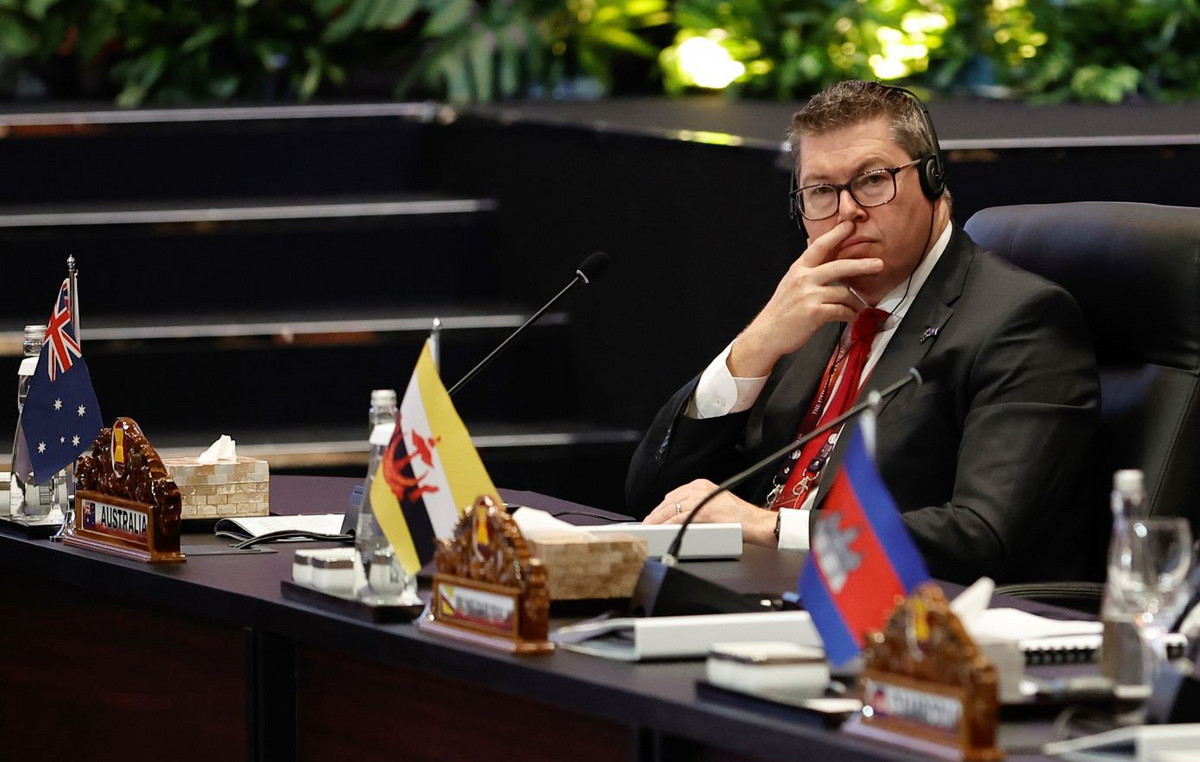This Friday (25th), during a panel at the Forum Esfera Brasil event, specialists discussed priority policies to mitigate inequality in the country, in addition to measures to make it more sustainable.
Patrícia Ellen, former secretary of economic development, science and technology in São Paulo, criticized the return of domestic problems related to hunger rates and said that an agenda is needed to “unite the country around an economic development plan”.
“Brazil is now one of the biggest food providers in the world and we are dealing with this issue of hunger at home. So, if we take this intersection between economy, hunger and climate, we can have a great development agenda that will bring a lot of prosperity and also deal with the biggest challenges we currently have, ”he said.
In addition to Ellen, the former municipal secretary of education of São Paulo and member of the transition team of the new government, Alexandre Schneider, the state deputy of São Paulo, delegate Bruno Lima (PP), and the lawyer and partner of Bottini & Tamasauskas Advogados, Igor Tamasauskas.
The guests participated in the second panel this Friday, with the theme: “Priority policies for a less unequal and more sustainable Brazil”. The event aims to discuss the country’s main challenges for the next four years and promote dialogue between society and the public sector.
Schneider assessed that it is important for Brazil to think about educational policies with the purpose of recovering the losses caused by the pandemic. According to him, it is necessary to bring young people who left learning back to school and keep them in institutions.
“Brazil needs a policy that integrates state and municipal governments to transform literacy as an urgent agenda and we do not accept that nobody is in school and is not literate. The third issue is to keep children in school learning. And then, the pandemic had a dramatic effect, we lost 650,000 students throughout the pandemic who did not go back to school. So what we need is, on the one hand, to look for these children and also work with federal, state and municipal income programs to keep these children more vulnerable”, he said.
Deputy Bruno Lima (PP) says that to achieve the objectives related to the reduction of inequalities, it is necessary “to work together with several ministries”. Lima understands that the fight against hunger is the most urgent issue today.
“We are going through a moment of international war and the priority has to be the fight against hunger, food security”. Furthermore, Lima understands that the issue of hunger must come together with educational proposals.
Igor Tamasauskas says that education “transforms people” and does away with the need to continue with the same discussions in the future. According to him, at first, the focus should be “on resolving an emergency that is immediate, people need to eat, they need to take care of their health. This can only be done with income transfers and there is no alternative in the short term”.
“Training people with quality education, preparing Brazil to face competition in the technology hub in relation to other nations and, obviously, working on this distributive role of the state through the tax issue, to collect taxes from those who have more. Work on reducing inequalities through this type of incentive, ”she explained.
Source: CNN Brasil
A journalist with over 7 years of experience in the news industry, currently working at World Stock Market as an author for the Entertainment section and also contributing to the Economics or finance section on a part-time basis. Has a passion for Entertainment and fashion topics, and has put in a lot of research and effort to provide accurate information to readers.







